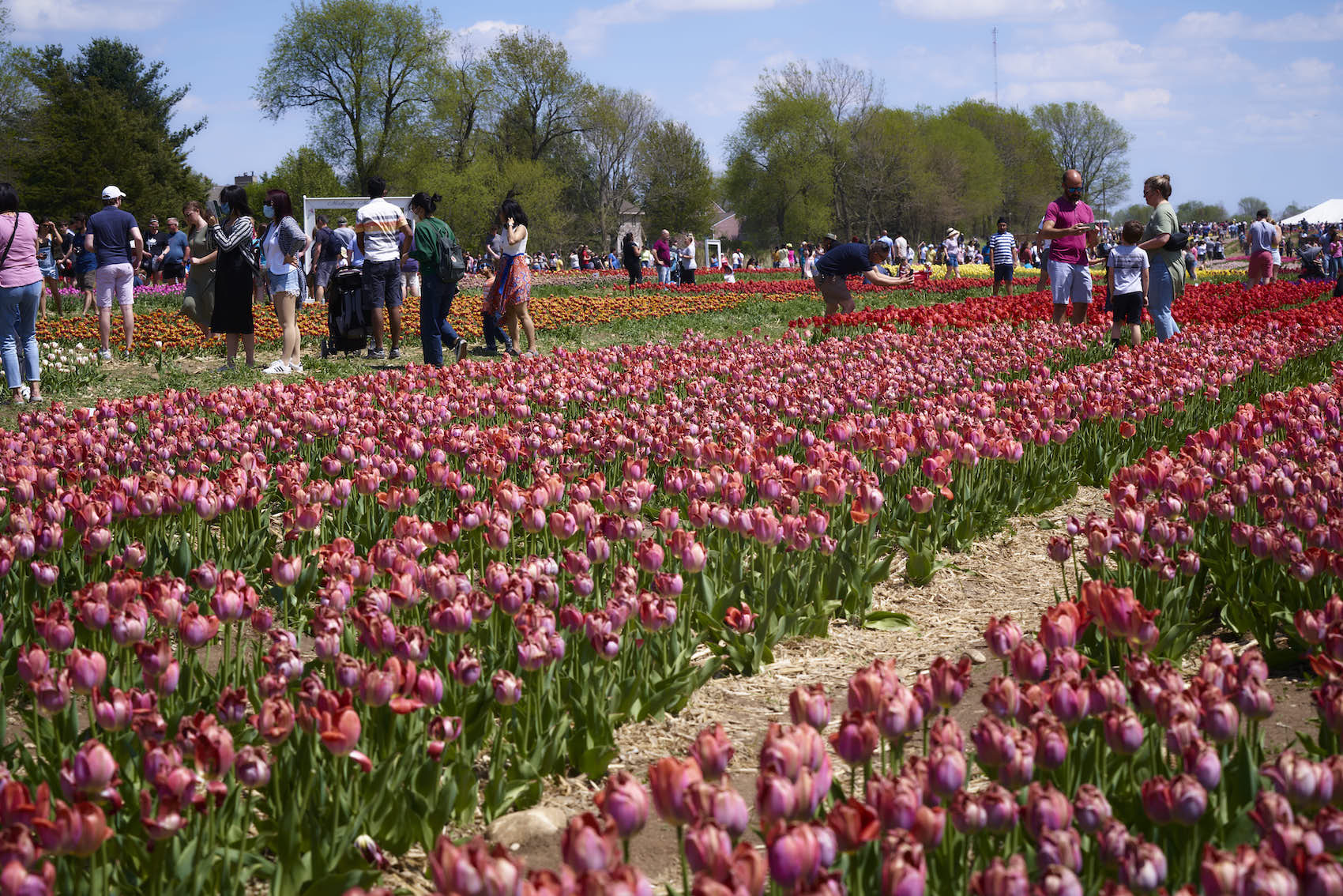The Illinois Holocaust Museum and Education Center opened its doors to a new chapter on Sunday, as an estimated 12,000 people attended the opening ceremony.
It takes a certain something to be able to bring light to one of the darkest moments in history, but that's the goal of the people behind the new 65,000-square-foot museum.
"After the darkness, comes light" is the message of the museum and the grassroots group -- The Illinois Holocaust Memorial Foundation -- which grew the exhibit space from a Skokie storefront to it's new $45-million state-of-the-art facility.
The attendees were greeted with videotaped remarks by President Barack Obama.
Obama said that when school children visit the museum, they'll learn that there is no greater obligation than to confront acts of inhumanity.
"We don't want the only people learning to be in Washington, New York and Los Angeles," former President Bill Clinton said to the crowds gathered under tents. "I think it is important that this place of remembrance and learning is here, not only because of what happened in Skokie three decades ago but because it is in the heartland of the country."
Former President Bill Clinton also addressed the group with "thoughtful and at times melancholy," the Chicago Sun-Times reported Monday, adding that Clinton "expressed regret at not doing more to combat fenocide in the Balkans and Rwanda."
Author Elie Wiesel, Nobel laureate, captured the audience with stories of his time spent in Auschwitz concentration camp.
"Remember that life is not made of years but of moments, that every moment ... will guide your conduct," he said.
In the facility, "visitors move through shadowy spaces depicting death and destruction until they suddenly encounter a cattle car," the Chicago Tribune reported. On the other side, they step into brightness, and "they learn how a single person can make a difference."
"Having people walk through a museum and cry and leave is not enough," said J.B. Pritzker, capital campaign chairman. He told the paper the museum's mission is "to educate youngsters about overcoming hatred and indifference."
The museum has catered to school groups since it first opened in 1985, but in its previous location, there wasn't enough space to effectively present the lessons of the Holocaust.
"People say, 'It's such a depressing topic,'" Pritzker said. "It is also incredibly life-affirming."
Officials believe that up to 7,000 Holocaust survivors live in the Chicago area, 1,000 to 2,000 of them in Skokie. But it's a dying population and this museum will likely be the last of its kind, built with the help of survivors, the Trib says.
"I think maybe this is one of the reasons we survived," said Aaron Elster, 76, who -- according to the published report -- hid from the Nazis in a Polish family's attic for two years. "There has to be a reason. What is so special about me?"
Elster's willingness to tell his painful story is shared by other survivors. He and others were emblazoned by the threat from a neo-Nazi group in 1977, which applied for a permit to march on Skokie.
Cipora Katz shares her survival story on WBEZ
"In the long run, he did us a favor," Fritzie Fritzshall of Buffalo Grove told the Tribune. She was a teenager when the Nazis deported her family to death camps.
"This is what brought all of us together, and look at what we have done."
In an article in the Wilmette Life newspaper last week, Pritzker is quoted as saying, "Ninety-five percent of people who are involved are involved because a survivor came and asked us to do it. We were enlisted, and we fell in love and did what we could do."
The Sunday opening was not without its critics. A short distance from the museum's parking lot stood a group of Neo-Nazis, "Maybe a dozen of them, in jackboots and black cargo pants, waving red and white swastika flags at the corner of Harms and Golf roads," according to the Sun-Times columnist Neil Steinberg.
Steinberg fought his intitial journalist's instinct and opted to pass by the demonstrators. He said part of Clinton's speech a short time earlier resonated with him as he drove from the creepy group of "jackbooted yahoos."
Clinton had described the Nazis in terms Steinberg says were right on target.
Local
"The neo-Nazi groups in Europe and other hate groups around the world, if you really look at them, they basically were made up of angry, uncertain, insecure people looking for someone else to blame, cultivating, in their own minds, a phony victimhood to justify hurting others," the former president said.
The museum is closed Monday -- which happens to be Adolph Hitler's birthday. It will open its doors to the public during regular hours beginning Tuesday.
Tuesday - Friday: 10:00 AM - 5:00 PM
Thursday evening: 5:00 PM - 8:00 PM
Saturday and Sunday: 11:00 AM - 4:00 PM
The Illinois Holocaust Museum
9603 Woods Drive
Skokie, IL 60077



